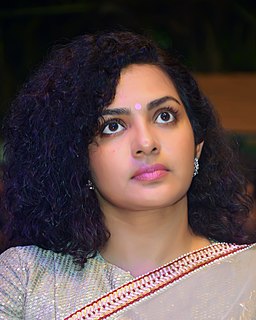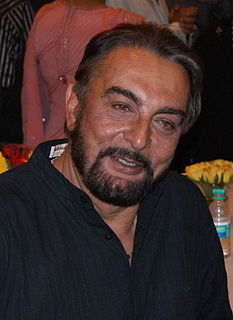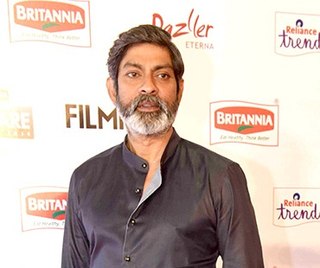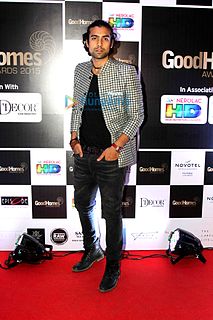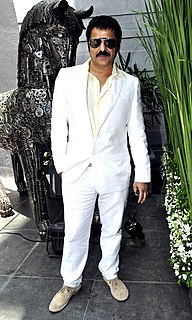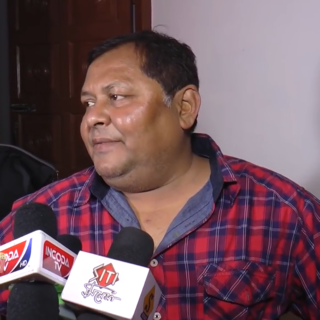A Quote by Parvathy
I know how difficult it is to learn languages, since I am working in three regional industries in South India, and unless the director wants my voice to be dubbed, I do my own dubbing.
Related Quotes
The basis for securing preferential future trade terms with India begins in that recognition of essential equality. Indeed it begins in recognising that India is now an emerging global superpower whose primary interests are regional in South East Asia and who needs a deal with the U.K. less than we need one with her.
You go out into the world, you read everything you can read, you imitate the things you love, and you learn how hard it is to do. Eventually, you learn your own vision of the world, you learn your own voice and how to hear it, and you learn to write your own work. Writers today have as many opportunities as my generation did, but they don't see the examples as clearly as we did.
